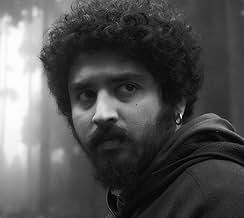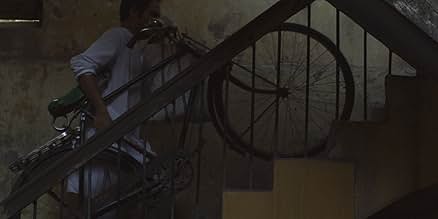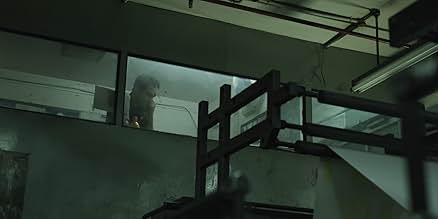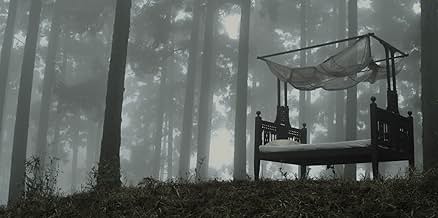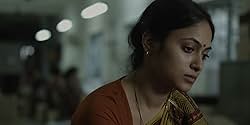Wow! And Wow! Aditya Vikram Sengupta's Asha Jaoar Majhe (English title: Labour of Love) is a cinema that grows on you - slowly, steadily and with love. It creeps up to you and snuggles close to your heart. And you embrace it with all you have, knowing it appeals to what's best in you and embracing it will help to keep that part of you alive.
Labour of Love is about a couple in Kolkata's version of apocalyptic world, a city under recession where a lower-middle class couple works complementary shifts to make ends meet. They re-count the notes after withdrawing money from the bank, reuse resources whenever possible and live a simple life of values. Most of their days are spent in a kind of suspended animation, waiting to flicker to life for a little reward at the end. It's about biding your time for that small window, an experience that the director makes the audience feel and experience. There isn't a soundtrack (mostly), as the film refuses to make things easier for the audience. There are no yardsticks to measure a perfect life and the film tellingly explores this point. The story is about love, shredded down to its essentials. As Henry David Thoreau had famously remarked about a stint of simple living in the woods, "I wanted to live deep and suck out all the marrow of life, to live so sturdily and Spartan-like as to put to rout all that was not life, to cut a broad swath and shave close, to drive life into a corner, and reduce it to its lowest terms." Labour of Love is love's Henry David Thoreau Test. It's not much use gushing about the sound-scape, Sengupta's attention to details and continuity and the two actors' near-perfect performances, as this is an experience that needs experiencing. Talking of Ritwick Chakraborty, his purple patch continues. If forgetting about the camera is the hallmark of accomplishment, he is now an accomplished actor.
One could argue that Sengupta uses the recession of emotions to manipulate us, hoarding events (just as an union leader complains that the management is using the recession to fatten purses) to accentuate the effect at the end, so you know how precious that smile feels. One could argue that having no dialogues at all is a gimmick, as some cellphone conversation could have taken place within the bounds of the couple's tight budget and unusual routine and circumstances. Even if these hold true, plaudits to Aditya Vikram Sengupta for even attempting what he has. Asha Jawar Majhe scores full marks for effort and he will leave cinephiles in Kolkata, and (judging by the number of awards he has bagged globally) elsewhere too, waiting for his next offering.


